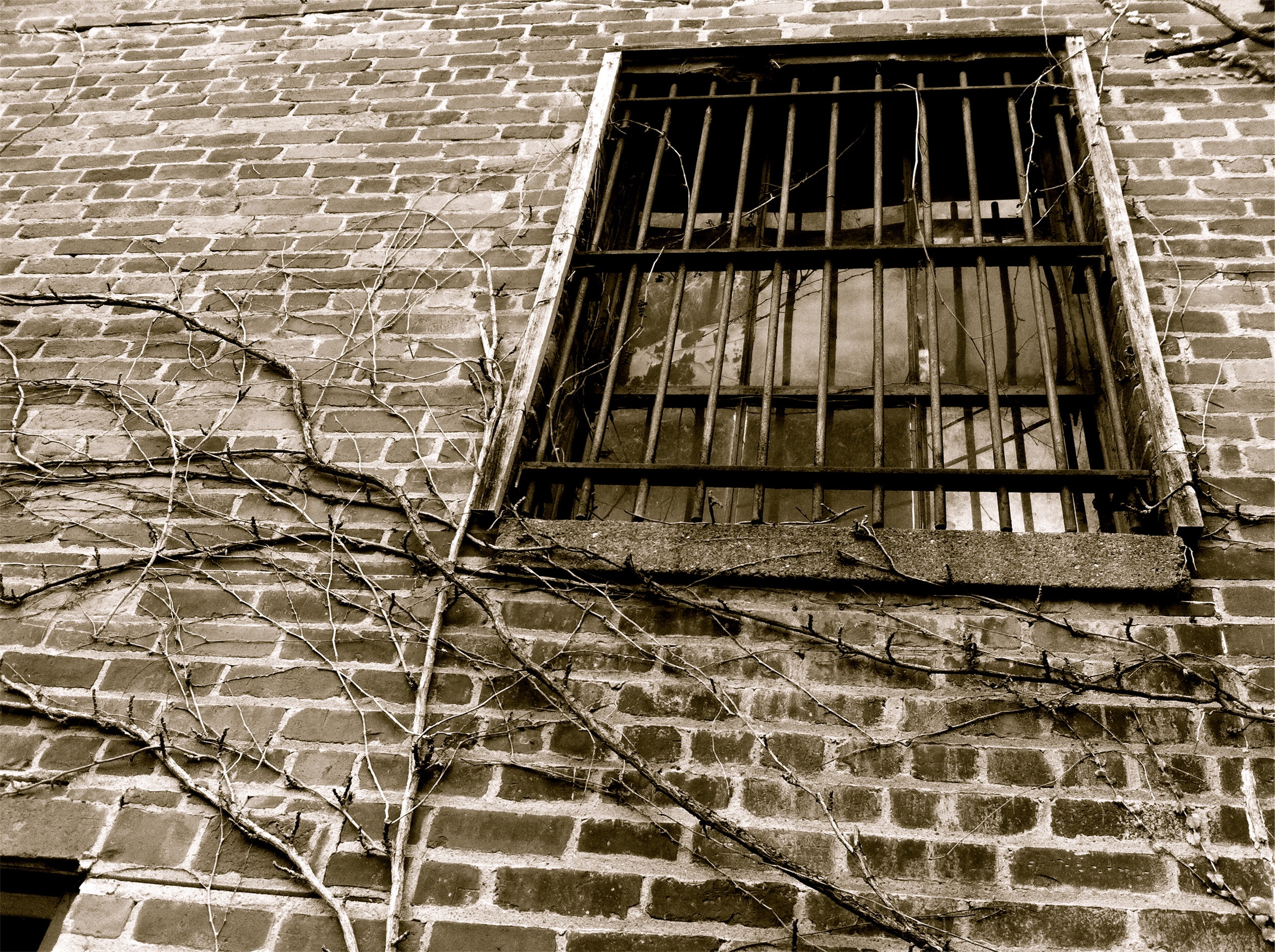Parole may be granted to a person who is serving a sentence of imprisonment. The person serving a sentence may be released from serving the balance of the penalty, only when their attitude, personal characteristics, circumstances of the crime and their behaviour after commitment of the crime and during the imprisonment justify the belief that after release will respect the adjudicated punitive measure and obey the legal order, in particular, would not commit a crime again.
The sentenced person may be conditionally released after serving at least half of the sentence, whereas convicted under primary recidivism is entitled to the parole after serving two thirds of the sentence and in terms of repeated recidivism after serving three-quarters of the sentence. Person who is sentenced to 25 years imprisonment may be conditionally released after serving 15 years of the sentence, and person sentenced to life imprisonment after serving 25 years of the sentence. The above rules shall be applied accordingly to a sum of two or more penalties not amenable to an aggregate penalty, which the sentenced person has to serve subsequently, and restrictions for the parole shall be applied if even one of the offences has been committed in the conditions of recidivism.
It should be noted that in particularly justified cases the competent court, sentencing the accused for the sentence of imprisonment, sentence of 25 years of imprisonment or sentence of life imprisonment may determine more rigorous restrictions to prevent the possibility of the convicted person benefiting from the parole.
In case of conditional release, the portion of the penalty which remains to be served constitutes a probation period, which may not, however, be less than 2 or longer than 5 years, and in case of repeated recidivist offenders, the probation period cannot be less than 3 years, and in cases of a person released from serving the rest of the 25 years of imprisonment or life imprisonment the probation period is 10 years. If in the probation period and in the course of the following 6 months, the conditional release has not been revoked, the sentence shall be considered to have been served at the time of granting the parole. This is important, to the extent that moment to serve a penalty is also the date of the initial course of expungement and also is important for determining the conditions for re-offending in terms of recidivism.
The convicted can appeal against the decision on rejection of granting the parole.
The application for parole may be submitted at any time, since in addition to the condition of holding an appropriate portion of the sentence, there are other limitations. And so – if the sentence or the sum of them do not exceed 3 years of imprisonment, a request of the convict or their attorney filed within 3 months from the date of the decision on rejection of granting the parole, are not recognized until the expiry of this period, and if the sentence or the sum of them exceed 3 years of imprisonment, request filed within 6 months from the date of the decision on rejection of granting the parole, are not recognized until the expiry of that period.
Also keep in mind that parole may be revoked, so it is essential to obey the obligations imposed during the probation period. It is mandatory for the probation court to revoke the parole if the person released, during the probation period, committed an intentional crime for which has been sentenced for imprisonment without conditional suspension of its execution, as well as if the released prior convicted for a crime committed with the use of violence or threats against the closest relative or other minor living together with the offender during the probation period flagrantly violated the law, again using violence or threats against a close relative or other minor living together with the offender.
Parole may also be revoked if the released, during the probation period, flagrantly violated the law in particular, committed another offense or has been sentenced to punishment other than imprisonment without conditional suspension of its execution or when evades supervision, performance of the obligations imposed or adjudicated punitive measures, forfeiture or compensatory measures. If these circumstances arise after giving a written warning to the convicted by a court trustee, the court is obliged to revoke the parole unless special reasons militate against it.
In case of revocation of the parole, the sentenced person may not again be conditionally released before the lapse of one year from the date of committing him to the penal institution, and in case of the penalty of life imprisonment, before the lapse of 5 years.
The convicted can appeal against the decision on revocation of the parole.

